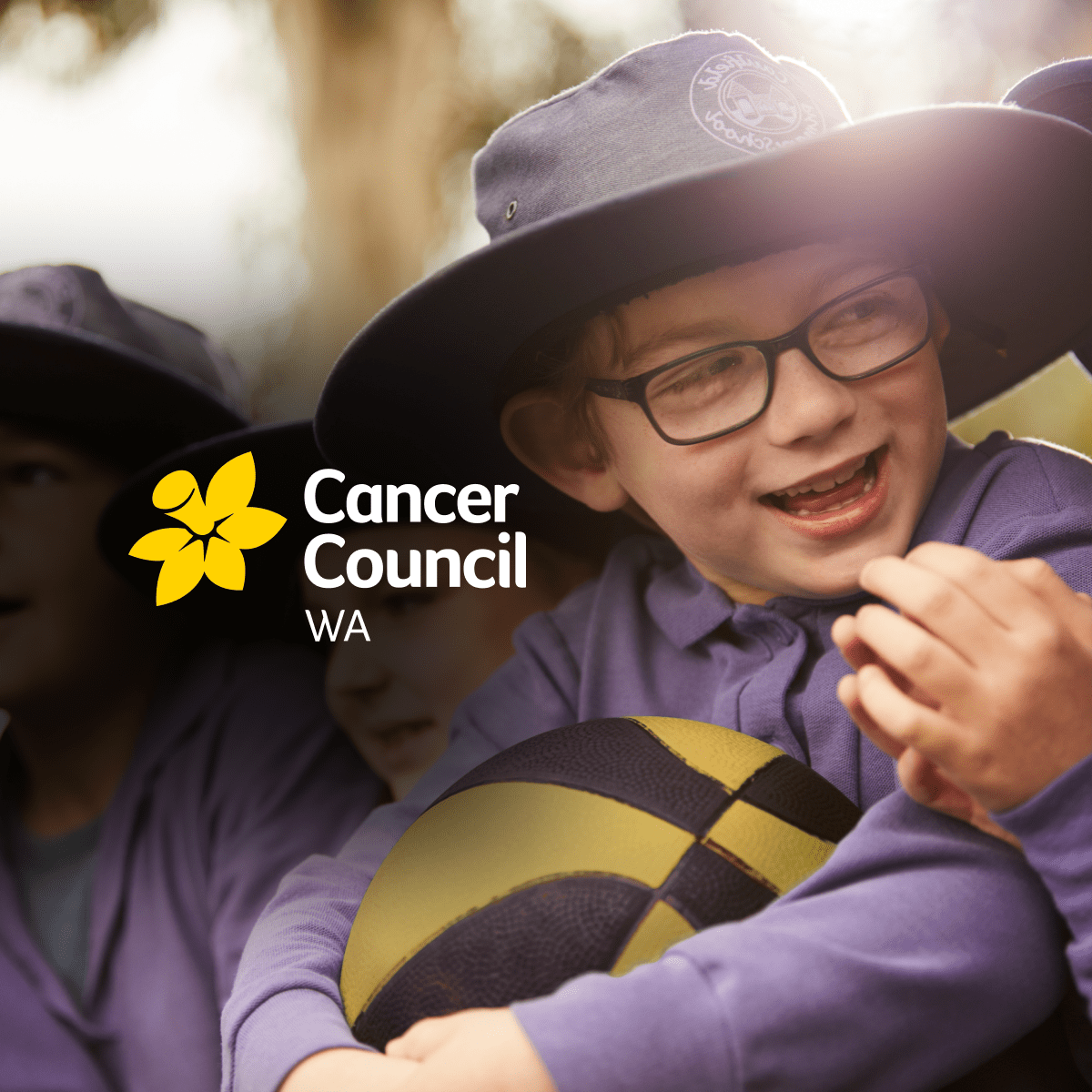New Victoria University research released today reveals practical ways reporting and support services can be improved at a local level for residents who have experienced racism.
The project was conducted in partnership with the City of Wyndham in Melbourne’s southwest – one of Australia’s fastest growing and most culturally diverse municipalities.
In exploring barriers to the reporting of racism and the support needs of local communities, it found:
- two-thirds of participants or their families had experienced racism in the previous 12 months;
- nine out of ten respondents who experienced racism did not report it because: they didn’t think it would change anything; didn’t know where to go; didn’t want to cause trouble; or had concerns about possible negative consequences;
- those who did report their experiences were typically motivated by a sense of moral obligation, or hopes of raising awareness and contributing to change;
- many who reported racist incidents were disappointed with the experience and outcome;
- participants said they would be more likely to report racism if reporting and support services were better known to participants, more culturally sensitive, better qualified to respond, and provided by trusted local community groups and organisations.
VU researchers, Dr Mario Peucker, Associate Professor Tom Clark, and Ms Holly Claridge conducted a community survey, focus groups, and consultations with a range of local community groups between late 2019 and early 2021 to develop a ‘Wyndham Roadmap’ – practical ways that reporting and support services could be tailored to specific needs of the city’s diverse communities.
Roadmap builds on strengths of existing community groups
At the centre of the roadmap is a three-tiered, community-led anti-racism support network comprising first-contact organisations, specialised support services, and a coordinating centre.
Chief Investigator Dr Peucker said the study found that a support network takes into account the specific experiences and needs of local residents, and builds on existing community structures.
This can can break the often-silencing effects of racism and empower people to speak up about their experiences to get the support they deserve.
He emphasised that racism happens in all municipalities - nothing indicates that Wyndham is a particular hotspot – and similar, tailored anti-racism strategies could be developed with other municipalities in Australia using their own local contexts.
Associate Professor Clark noted the project, funded by the Scanlon Foundation, has already had positive impacts for participating community groups. Members are now more likely to speak out against racism and support other communities to claim their rights to equal and fair treatment, he said.
A young Muslim man who participated in the study said: “I had never really looked at racism through a local lens before, but I think there’s a good chance this study will make a real impact.”
Read the full report All in this Together: A community-led response to racism for the City of Wyndham







